This is our weekly roundup of good news from around the world. If you'd like to get this in your inbox, you can subscribe for free below.
Good news you probably didn't hear about
In 2013, the 11 countries of the WHO South-East Asia Region adopted a goal to control rubella by 2020. They made incredible progress. Routine coverage of the rubella vaccine increased from 12% in 2013 to 86% in 2021, and 515 million people were vaccinated. Rubella incidence decreased by 80%, from 5.5 to 1.1 cases per million; the Maldives and Sri Lanka achieved elimination; and Bhutan, North Korea and Timor-Leste have all stopped endemic transmission for over 36 months. WHO
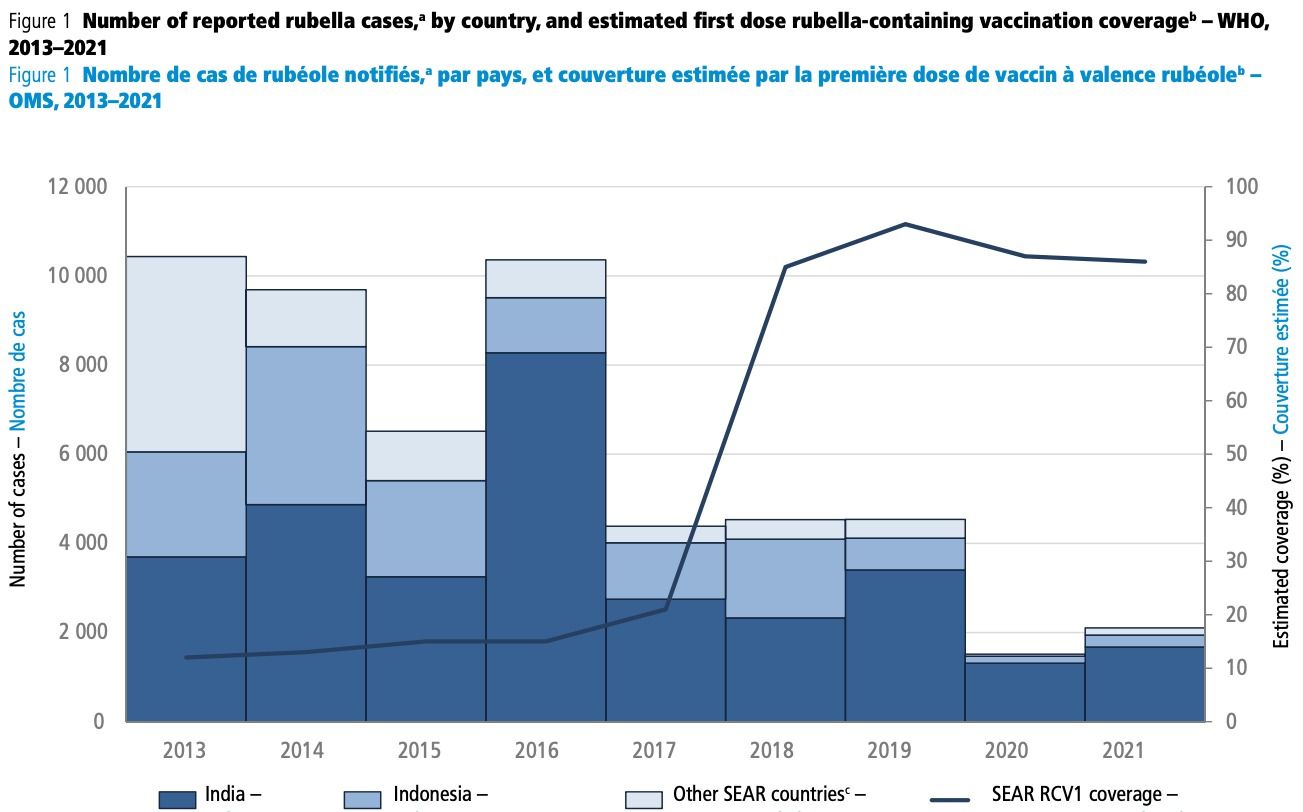
Belarus, Kyrgyzstan, Turkmenistan and Uzbekistan have reached their targets on Hepatitis B control, joining five other countries in Europe that have done the same in the last two years, and bringing the continent a step closer to achieving the ultimate goal of eliminating viral hepatitis as a public health threat by 2030. WHO
Japan has raised the age of consent from 13 (the lowest among developed nations) to 16 and introduced far stricter laws against sex crimes, expanding the scenarios under which rape prosecutions can be made, including for victims who were frightened or under the influence of alcohol or drugs and in cases of perpetrators taking advantage of social status. BBC
Kenya has made some big strides in reducing teen pregnancy, with rates falling by more than half in four years. In 2018, healthcare facilities recorded a total of 427,297 pregnant teenagers. By 2022, that number had fallen to 260,442. This is a big deal–until recently Kenya had the third-highest rate of teen pregnancy in the world. The Standard
The number of people who die after a breast cancer diagnosis in England has decreased by two-thirds since the 1990s, a study of more than half a million women has shown. 'We knew that mortality had reduced during the past 20 years, but we didn’t know by how much.' Nature
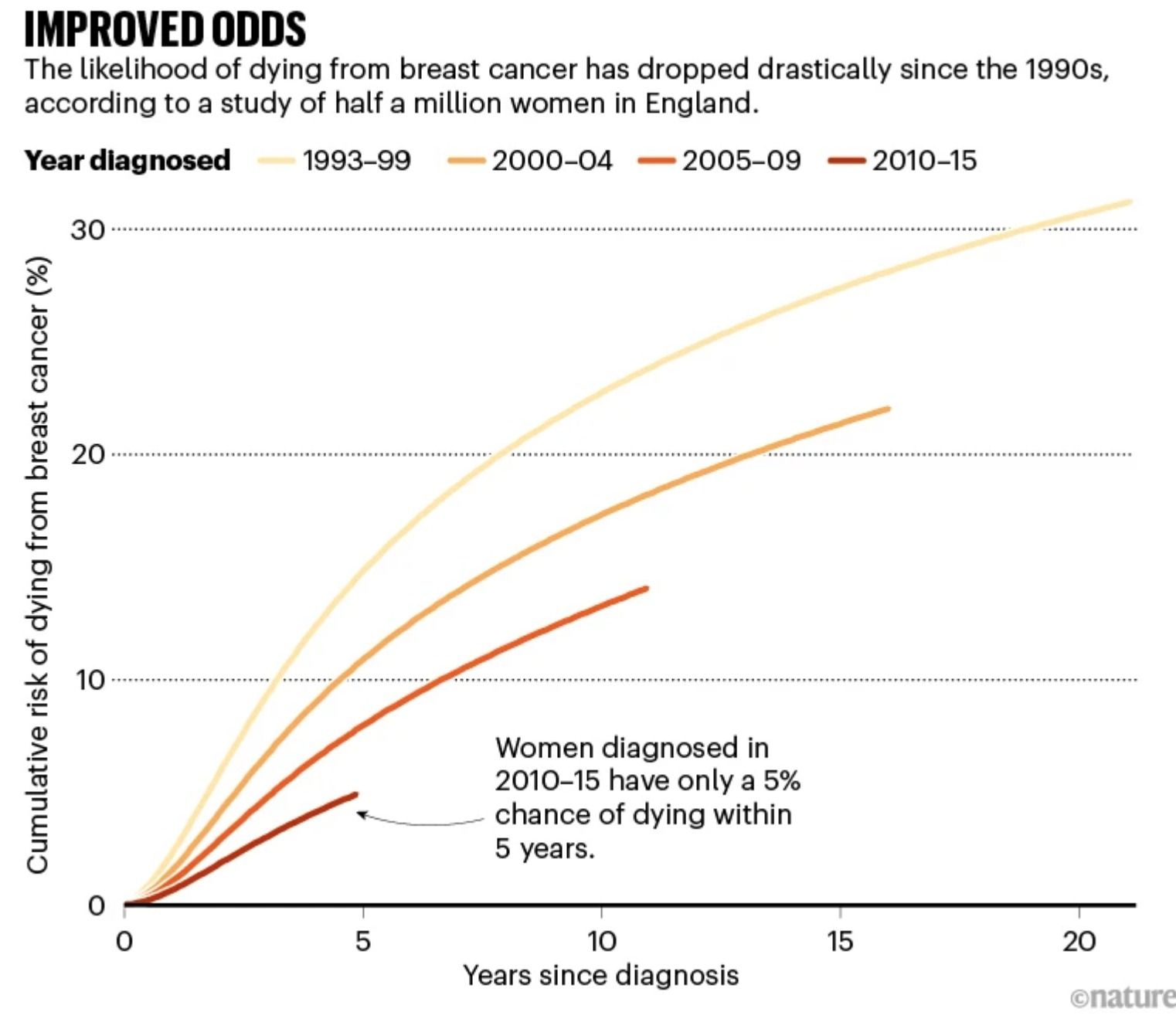
One of the most progressive social movements in the United States right now is the push to pass clean slate laws: legislation that removes a criminal record after people have remained crime-free for a certain time. This matters, since one in three Americans has some kind of record. New York just became the 12th state to pass a law that meets the criteria. NYT
We're building a pathway that automatic record clearance is a reality in all 50 states that will unlock second chances for additional 14 million people.
Sheena Meade, CEO, Clean Slate Initiative
The federal effort to expand internet access in the US took a huge step forward last week with the announcement of almost a billion dollars in grants to install connections where gaps in connectivity remain. The grants are intended to trigger the laying of 19,300 km of new fiber throughout 35 states and Puerto Rico. AP
Swiss voters have approved an increase in the minimum tax on businesses from 11% to 15%, bringing it in line with the OECD's targets, and suggesting that the dynamics around a global minimum tax have substantially shifted to the point that it is on the precipice of reality in many parts of the world. Politico
Estonia has become the first ex-Soviet state–and 35th country in the world–to pass a law legalising same-sex marriage. Lawmakers voted to approve the law earlier this week, and it will go into effect on 1st January 2024. 'This is a decision that does not take anything away from anyone but gives something important to many.' CNN
Pew on attitudes to same-sex marriage around the world. Western European countries are staunchly liberal, as are Japan and Australia; a majority of countries in the Americas are supportive; African countries are hostile; but the big surprise is India, where 53% are in favour, despite the fact that it remains illegal there (for now). Pink News
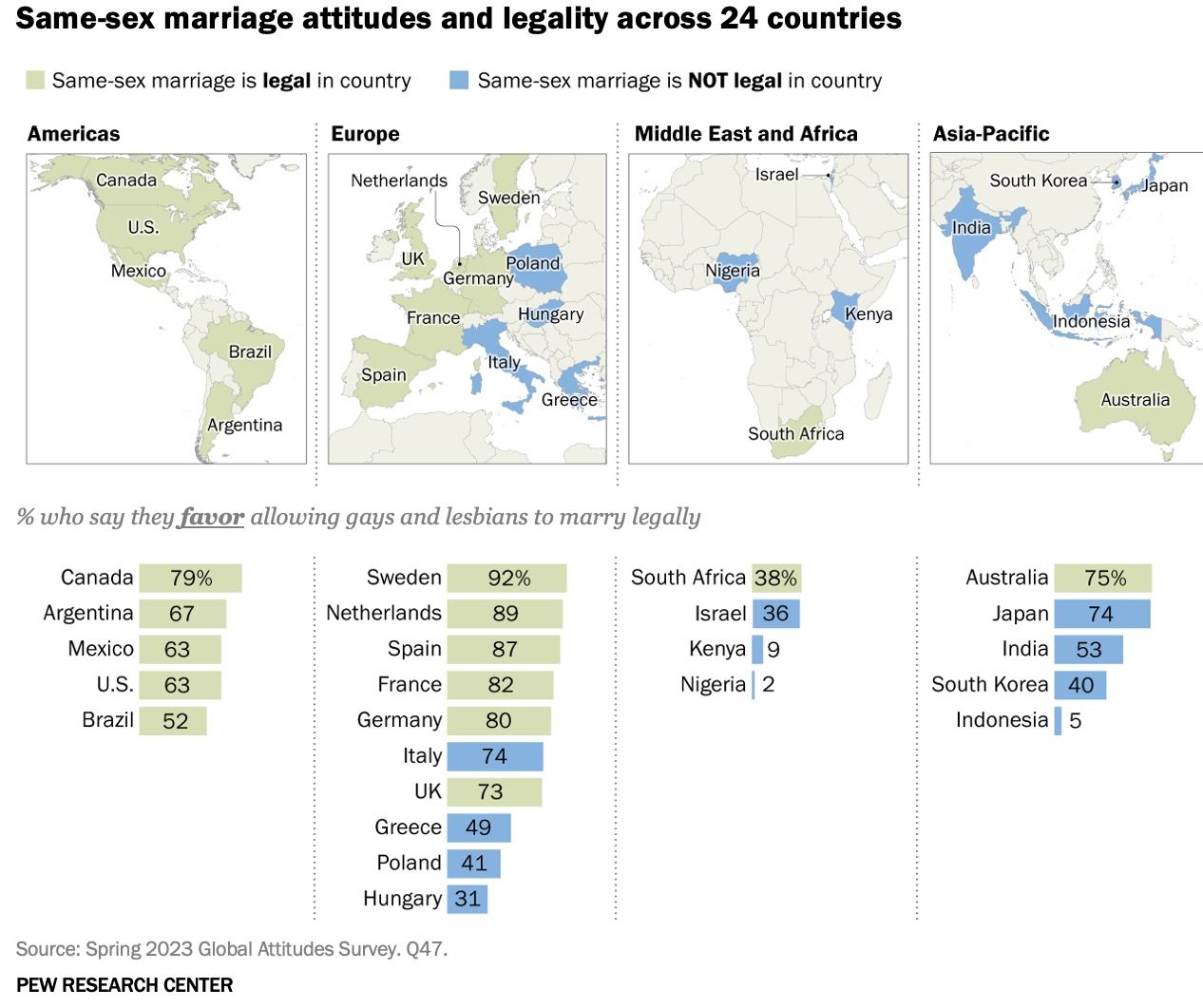
We'd love your support
There are no foundations or investors behind us, which means we are 100% independent. Have you ever thought about becoming a paid subscriber? We rely entirely on our subscription fees to keep going. By signing up, you get the satisfaction of supporting real solutions journalism (we don't just report good news, we make it happen) and receive a genuinely valuable service while you're at it.
It's just US$80 a year.
Here's what our existing paid subscribers think
Even more good news you didn't hear about
Things were better in the good old days, except actually they weren't. After years of fear-mongering, news organisations are now ignoring the decrease in US homicide rates. Read about the Indian city where nobody goes hungry thanks to the Sikh practice of seva. A malaria vaccine in Kenya has resulted in a noticeable drop in child deaths. Lithuania has achieved remarkable success in reducing the impact of alcohol. Alabama is the first US state to lay out a strategy to end cervical cancer deaths. Diversity increased by 38% on the boards of America's largest companies in 2022. The United Kingdom has broadened a plan to clear women’s historic convictions for homosexuality. Germany agrees to pay over a billion dollars to Holocaust survivors. Riots in India fall to their lowest-ever level.
Hope Is A Verb
Meet Felix Brooks Church, the co-inventor of a small machine known as a 'dosifier' which adds lifesaving nutrients to the staple foods of communities in southern Africa. Felix and his team at Sanku have installed over 800 machines in local mills and are on a mission to reach 100 million people by 2030.
In Episode 2 of our new podcast, Felix shares his journey from rising gridiron star to inventor and how he dragged his machine across the borders of African countries to test it in local mills. He talks us through the impact of 'hidden hunger' and how he believes that this simple but powerful technology could eventually end malnutrition, creating a more abundant future.

The only home we've ever known
A new report by the Rights and Resources Initiative has found that land legally owned by Indigenous communities increased by 102.9 billion hectares, an area the size of Egypt, between 2015 and 2020. The report analysed 73 countries and highlighted Kenya and Liberia as making the most significant gains. Mongabay
Indigenous communities have taken ownership of the Tama Wildlife Reserve in southwestern Ethiopia, making it the largest community conservation area in the country. Spanning 197,000 hectares, the reserve is a vital corridor between two national parks and home to diverse wildlife including the black-winged lovebird, Somali giraffes, and African elephants. Mongabay
Lula has begun to rein in the rampant destruction of the Amazon. Deforestation fell 68% in April compared with the same month last year, and May saw a smaller drop of 10%. Overall, the first five months of the year have seen a 31% drop in deforestation compared to those months in 2022. New Scientist
Good news for whales! Blue whale populations are making a comeback off both the west and east coasts of the United States, and in cooler waters, Iceland has suspended this year’s whale hunt, effectively heralding the end of a controversial practice that has been in terminal decline for years.
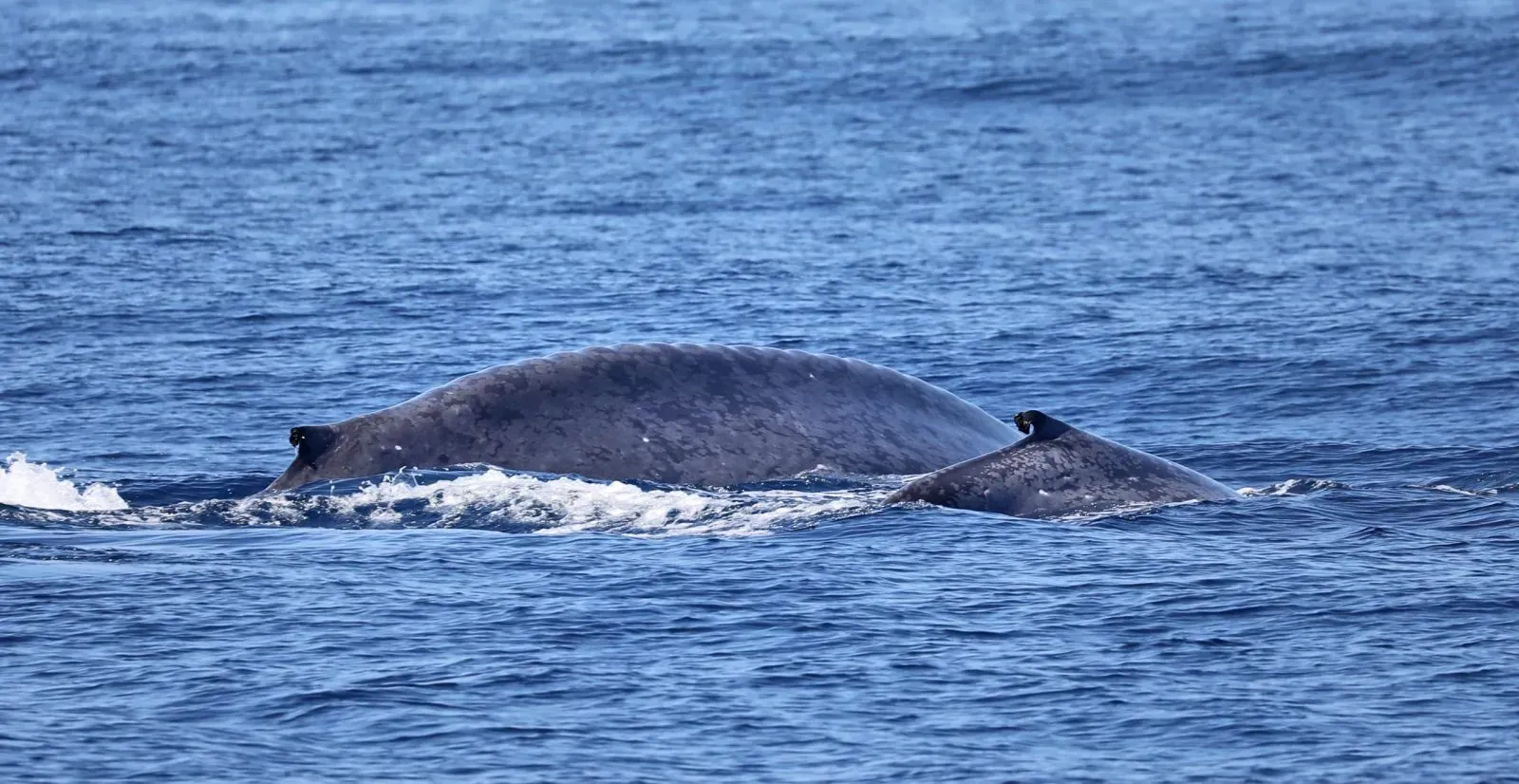
A group of women in Mexico City is creating quite the buzz after saving around 510 beehives from extermination, each with an average of 80,000 bees. The grassroots project has inspired other groups to join the mission and is welcome news after the 'mass killing' of millions of bees by pesticides in southern Mexico earlier this year. AP
We tried to work with men, but they seem to love the danger. We began to see that it wasn’t very viable, so we began to contract just women. We realised that we can do the exact same as them, and often even do it better.
Adriana Velíz, Mexico City
Dutch people own more bicycles per capita than any other place in the world, and the country has more than 32,000 km of dedicated cycling paths. The success of cycling in the Netherlands wasn't inevitable and didn't magically emerge from Dutch culture. It was designed.
South Korea keeps 90% of its food waste out of landfills and turns most of that into animal feed, fertiliser and fuel. The success of composting in South Korea wasn't inevitable and didn't magically emerge from Korean culture. It was designed (and can be replicated).
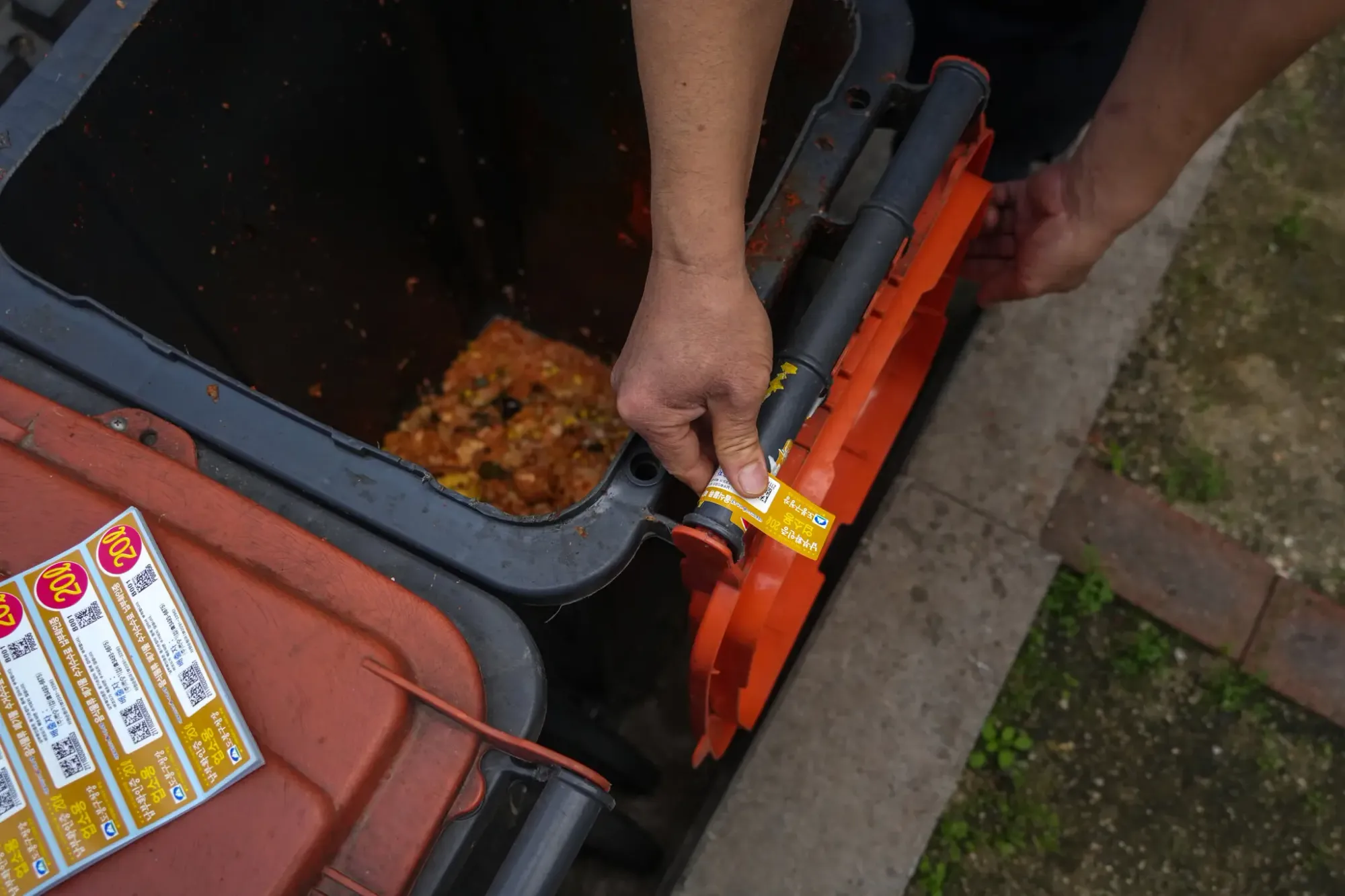
Mali will receive $150 million from the World Bank to restore and reforest 400,000 hectares of degraded land, which will benefit 2.3 million people. The funds will be distributed among 87 councils to restore agricultural lands and also the inland delta of the River Niger, the largest wetland in West Africa. Afrik21
The Biden administration has just committed over $600 million to help coastal communities fight climate change and $161 million for ecosystem restoration on public lands. The latter will focus on 21 'restoration landscapes' ranging from the sagebrush steppe of the high desert to wetland meadows and watersheds. Reuters
Canada will phase out chemical toxicity testing on animals thanks to amendments to its Environmental Protection Act. It signals the end of a horrible practice that has exposed rats, mice, rabbits, fish, birds to 'severe pain near, or beyond the pain tolerance threshold.' World Animal News
UNESCO recently designated 11 new biosphere reserves in nine countries, bringing the worldwide total to 748 sites in 134 countries. Do yourself a favour and check out these new sites–they're the polar opposite of old-school, fortress-style conservation, and some of them are extraordinary.
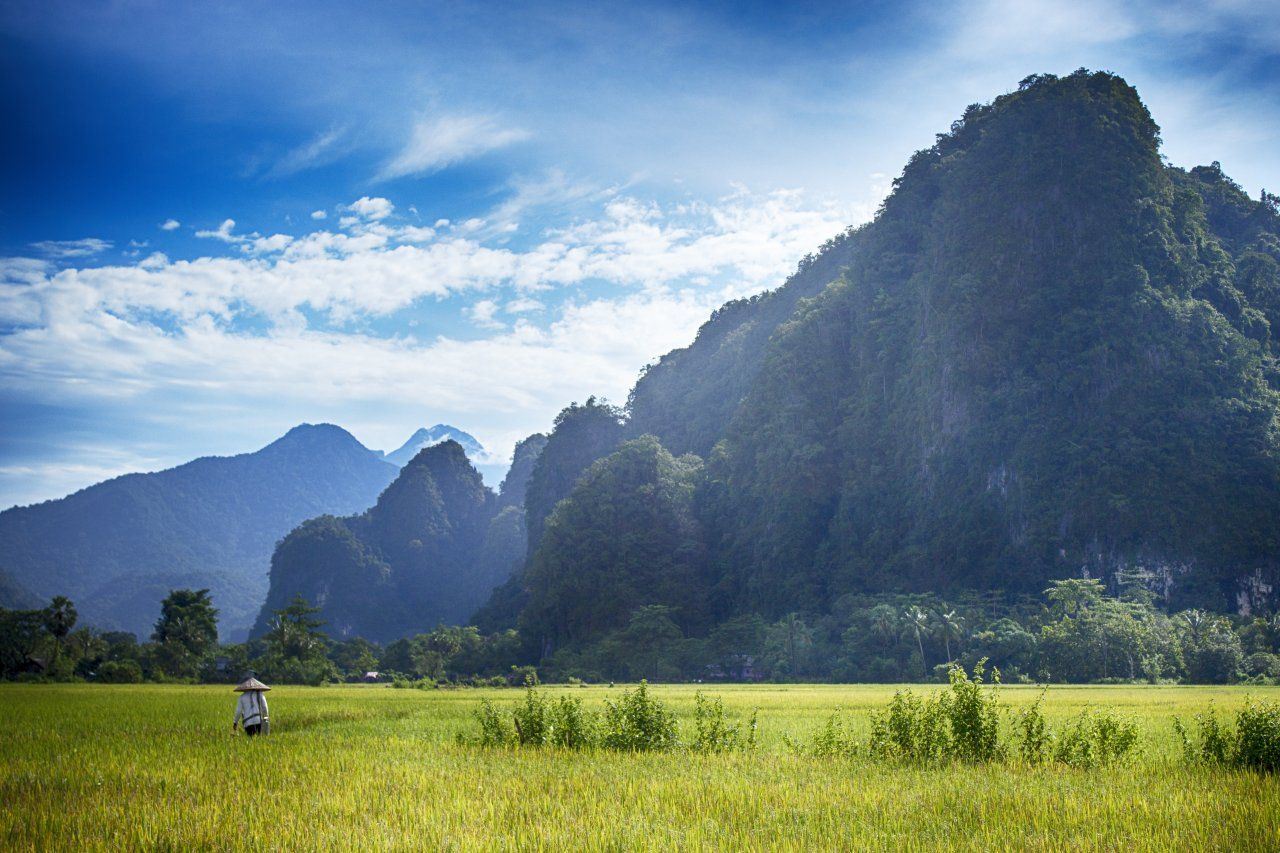
That's it for this edition, hope you enjoyed it.
We're changing up our publishing schedule next week. Expect a special announcement in a few days, when we'll let you know more.
Much love,
FC HQ





